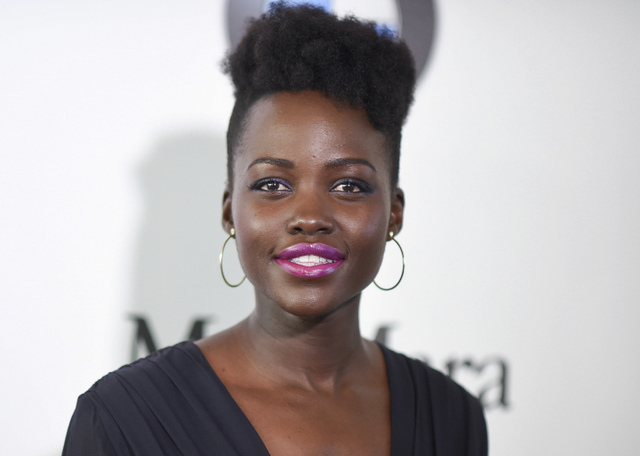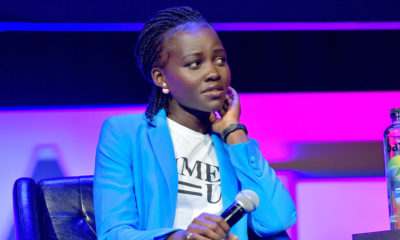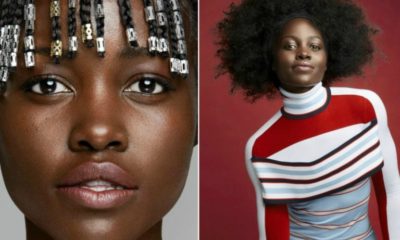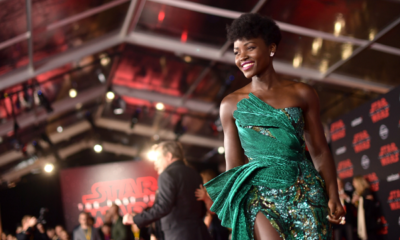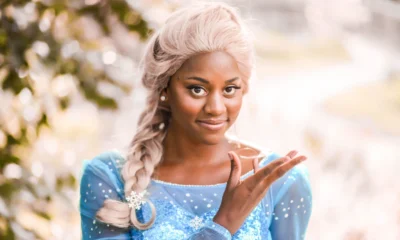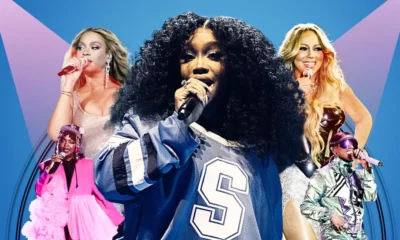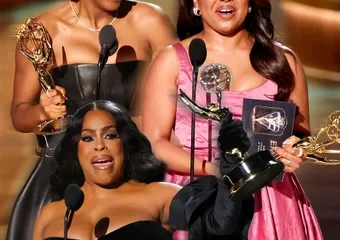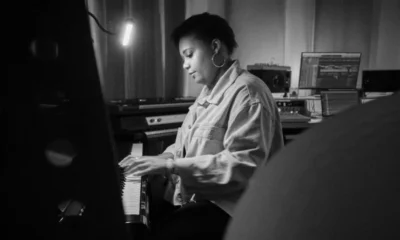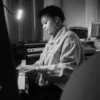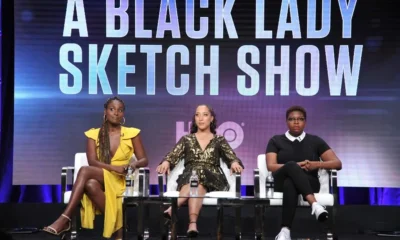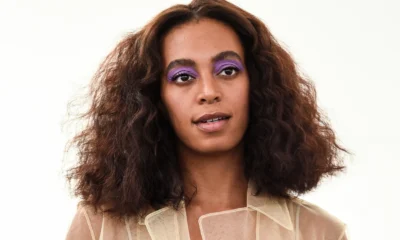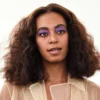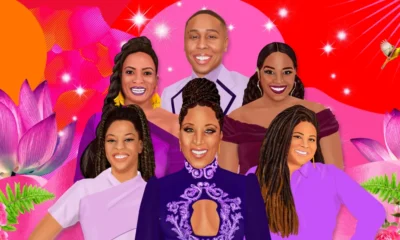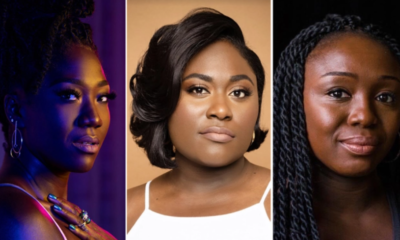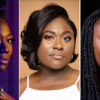Black Women in Entertainment
Why Few Women of Color in Wave of Accusers? ‘Stakes Higher’
In the weeks since dozens of women have accused movie mogul Harvey Weinstein of rape or sexual harassment, unleashing an avalanche of similar charges against other prominent men across American life, women and men of color have been largely absent from the national furor.
The stories of abuse have roiled the entertainment industry, politics, tech and more, raising the possibility that this could be a watershed moment to end tolerance of such behavior. But some observers fear minority women may miss the moment, as they often are more reticent to speak up about sexual harassment.
“The stakes are higher in a lot of instances for us than they are for a lot of other women,” said Tarana Burke, a Black activist who founded the #MeToo movement on Twitter in 2006 to raise awareness around sexual violence. “That creates a dynamic where you have women of color who have to think a little bit differently about what it means for them to come forward in cases of sexual harassment.”
A few high-profile minority actresses have come forward. New York authorities are investigating claims from actress Paz de la Huerta that Weinstein raped her twice in 2010; he has denied charges of non-consensual sex with any woman.
When Oscar-winning actress Lupita Nyong’o wrote in a New York Times op-ed last month that she had an unsettling encounter with the producer in 2011 at his home, Weinstein quickly denied doing anything inappropriate with Nyong’o, after days of silence following similar accusations by famous White accusers.
Author and activist Feminista Jones said that Weinstein’s denial of Nyong’o’s allegations sent the message to Black women that they can’t be harassed, they can’t be assaulted.”
For Black women, that is a message that dates back to slavery, when Black women’s bodies were not their own and racist stereotypes were used to justify abuse, said Rutgers University historian Deborah Gray White.
“Historically, African-American women have been perceived as promiscuous,” said White, author of the book, “Ar’n’t I a Woman?: Female Slaves in the Plantation South.”
“Black women’s bodies, from Day One, have been available to all men,” she said.
As a result, White said, Black women have had a hard time proving sexual exploitation. In response, many chose to remain silent as a form of self-preservation.
“Somehow talking about it is admitting, ‘I walk the land unprotected,’” White said. “They were damned if they did and damned if they didn’t.”
For Asian-American women, speaking up after sexual assault can be daunting for a variety of cultural reasons, said Anna Bang, education coordinator at KAN-WIN, a Chicago-based domestic violence and sexual assault services group that frequently helps Asian-American and immigrant women. Bang said she has noticed the absence of Asian-American women from the Weinstein conversation and, as a Korean immigrant, doubts that she would tell her family if she were ever assaulted.
“It’s such a shame and guilt,” she said. “You don’t want your parents to be worried about you … When we are growing up, your parents teach you, ‘Don’t share your family problems with people.’ We’re trying to break that silence by educating our community members.”
Many of the women who seek help from KAN-WIN do so a decade or more after the abuse took place, she said.
“In our culture, women … they teach you how to suck it up,” she said. “They teach you to swallow your anger, your fear. It’s tough.”
Women of Latin American descent also weigh economic and cultural issues when deciding whether to speak out about sexual abuse.
Women of Latin American descent have been stereotyped as being submissive and sexually available, according to Monica Russel y Rodriguez, a Northwestern University ethnographer whose research includes sexuality, race and class in Latino communities. She said that undocumented immigrants in the United States would be even …
Please read original article- Why Few Women of Color in Wave of Accusers? ‘Stakes Higher’



